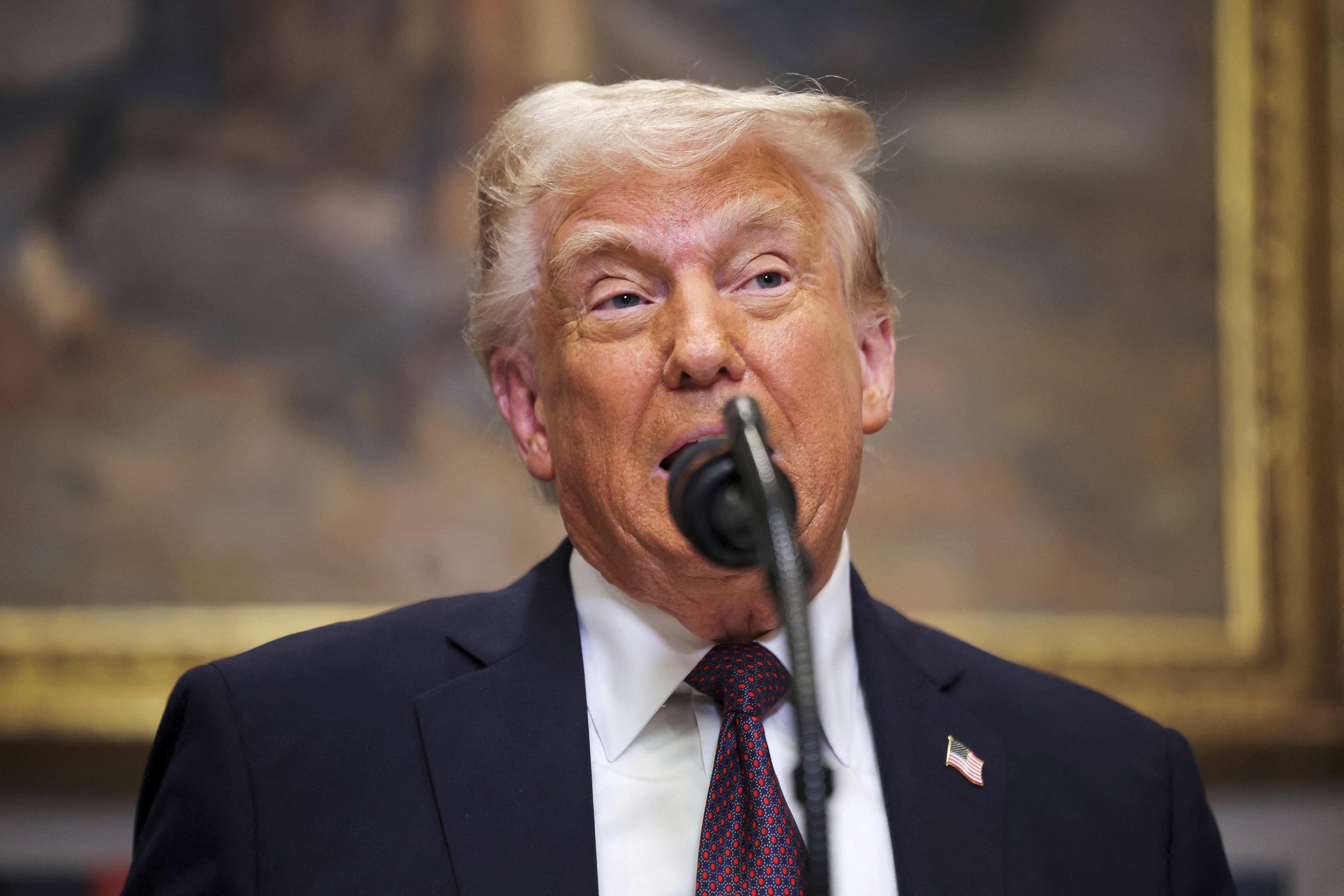In a post on the social network Truth Social, Trump expressed that Venezuela has been "very hostile" towards the United States and that countries buying oil from Venezuela will be required to pay the tariff on all their trade with the United States starting on April 2.
The tariffs are likely to add to the taxes faced by China, which in 2023 bought 68% of the oil exported by Venezuela, according to a 2024 analysis by the US Energy Information Administration (EIA). Spain, India, Russia, Singapore, and Vietnam are also among the countries receiving oil from Venezuela, according to the report.
However, even the United States —despite its sanctions against Venezuela— imports oil from the country. In January, the US imported 8.6 million barrels of oil from Venezuela out of the approximately 202 million barrels imported that month, according to the Census Bureau.
Additionally, the US Treasury Department issued an extension on Monday for the leasing contract of US-based Chevron Corp. to extract and export Venezuelan oil until May 27. The extension, known as a general license, exempts the country from economic sanctions and allows it to continue extracting oil.
In February, Trump had announced the end of the Chevron-Venezuela relationship, which became a financial lifeline for the South American country.
Venezuelan President Nicolás Maduro responded by accusing the United States of violating international trade rules with an "arbitrary, illegal, and desperate" measure aimed at "undermining the development" of the South American nation.
"For years, the fascist right, repudiated by the Venezuelan people, has promoted economic sanctions with the illusion of bringing Venezuela to its knees," the government said in a statement. "They have failed. They failed because Venezuela is a sovereign country, because its people have resisted with dignity, and because the world no longer submits to any scheme of economic dictatorship."
Trump argues that the tariffs will create manufacturing jobs in the United States, instead of worsening inflationary pressures and hindering growth, as economists have warned. His most recent anecdotal evidence came on Monday when Hyundai announced at the White House that it will build a $5.8 billion steel plant in Louisiana.
"This investment is a clear demonstration that tariffs work very well," Trump stated, adding that the new plant of the South Korean automaker will create 1,400 jobs.
Hyundai Motor Group's CEO, Euisun Chung, told the president, "We are truly proud to be with you and proud to build the future together."
Trump's latest tariff threat suggests that the government may be willing to take bolder actions against China in its efforts to rewrite global economic guidelines. The Trump administration has already imposed universal tariffs of 20% on imports from China as an effort to combat illicit fentanyl trade, but an additional 25% import tax could further escalate tensions between the world's two largest economies.
Trump said that Venezuela will face a "secondary" tariff because it is home to the Tren de Aragua gang. The Trump administration is deporting immigrants who, it claims, are members of that gang and crossed into the US without legal authorization.
Trump has labeled April 2 as "Liberation Day" based on his still unclear plans to implement import taxes to match rates charged by other countries, as well as imposing a full 25% tariff against Mexico and Canada, the two largest trading partners of the United States. The Republican president has also increased his 2018 tariffs on steel and aluminum to 25% for all imports and has committed to imposing additional tariffs on cars, pharmaceuticals, wood, computer chips, and copper.
The US stock market had seen an increase during Monday's trading as investors anticipate that the tariffs will be more specific than previously feared. Nevertheless, the S&P 500 index has fallen so far this year due to concerns that a trade war could hinder economic growth and increase inflationary pressures.
But Trump has been somewhat reserved about his tariff plans, and on Monday he warned that although he wants to charge "reciprocal" rates, "we could be even kinder than that."
